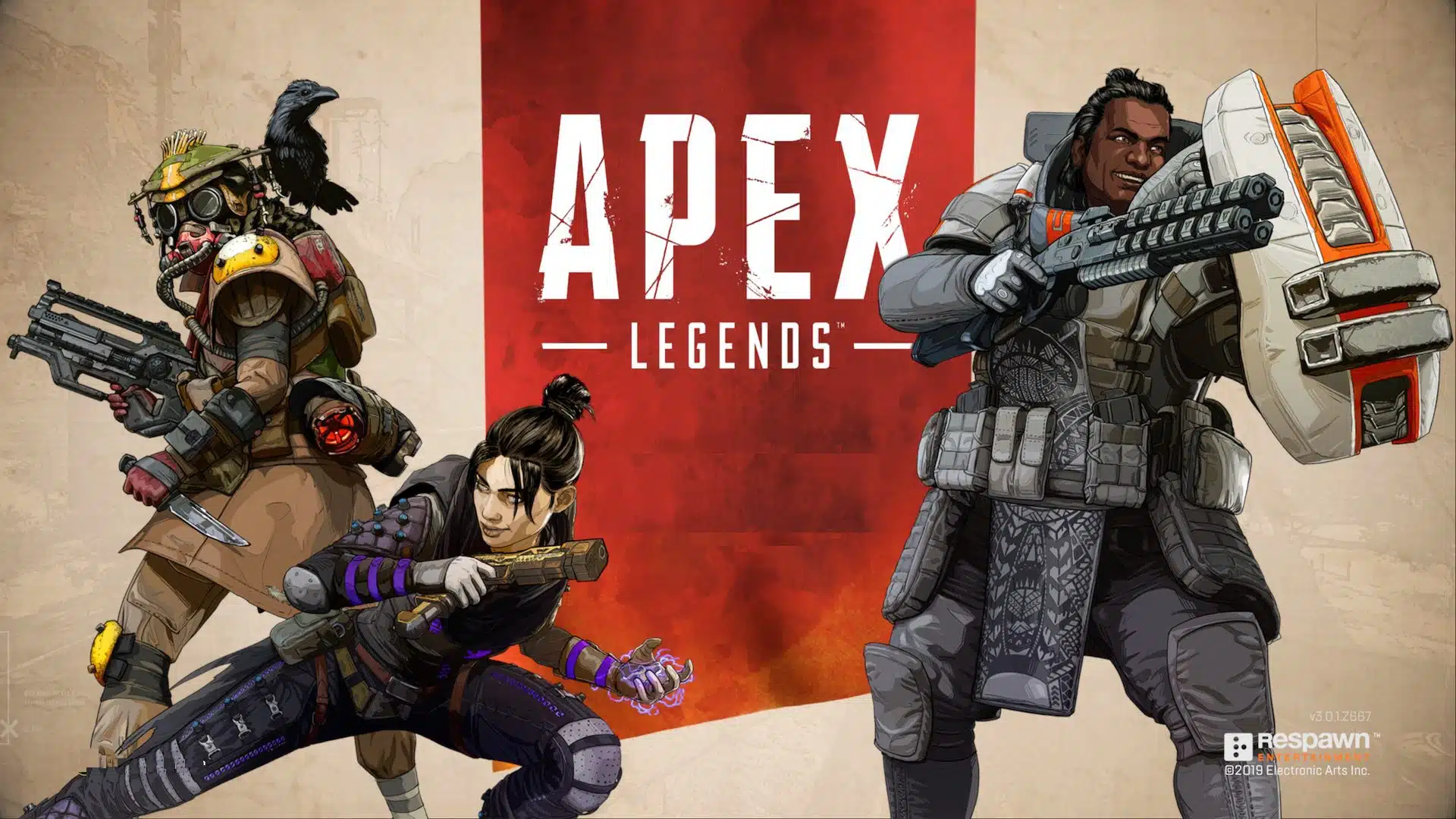In the midst of a gaming industry valued at $187 billion, Electronic Arts (EA) is strategically navigating a shifting landscape where player engagement and investment have seen a sharp decline post-pandemic.
This downturn, as described by analyst and investor Matthew Ball in his 2024 essay titled “The Tremendous Yet Troubled State of Gaming,” has hit the industry hard, leading to stagnant revenues amidst rising costs, layoffs, project cancellations, and studio closures.
EA’s Unique Approach to Esports Marketing
Monica Dinsmore, EA’s Senior Director of Brand and Esports Marketing, emphasizes a unique approach, viewing esports as marketing vehicles rather than standalone ventures. This shift reflects EA’s deliberate strategy to avoid overinvestment, focusing instead on collaborative efforts with franchise teams to align with game titles.

The Significance of Player Acquisition and Retention
Clay Griffin, an analyst, underscores the importance of player acquisition and retention for EA, citing esports as pivotal in connecting with loyal players. The post-pandemic decline in gaming engagement, triggered by relaxed restrictions, has driven EA to leverage esports as a means to maintain player commitment.
Success Stories with Apex Legends and Beyond
Dinsmore, with prior experience at Riot Games, spearheads EA’s esports strategy across titles like Madden NFL, EA Sports FC Pro, and Apex Legends. Despite being five years old, Apex Legends boasts a player base of 100 million, with its related tournaments witnessing a 22% increase in viewership over the third year, totaling 48 million hours viewed.

Integration of Culture and Entertainment
EA’s vision transcends mere competition, integrating culture, sports, and music into esports events. For instance, the Madden tournament featured a concert headlined by Green Day, attracting celebrities, athletes, and fans alike.
Recommendations for Sustainable Growth
In Dinsmore’s perspective, success in this era is not solely measured by numbers but by the meaningful engagement of passionate players, ultimately rejuvenating the gaming community.

Conclusion
Through strategic marketing and a holistic approach to esports, EA aims to not only sustain but enhance player engagement in a rapidly evolving gaming industry.

